How 'Master Of None' Captures The Loneliness Of Constant Connectivity
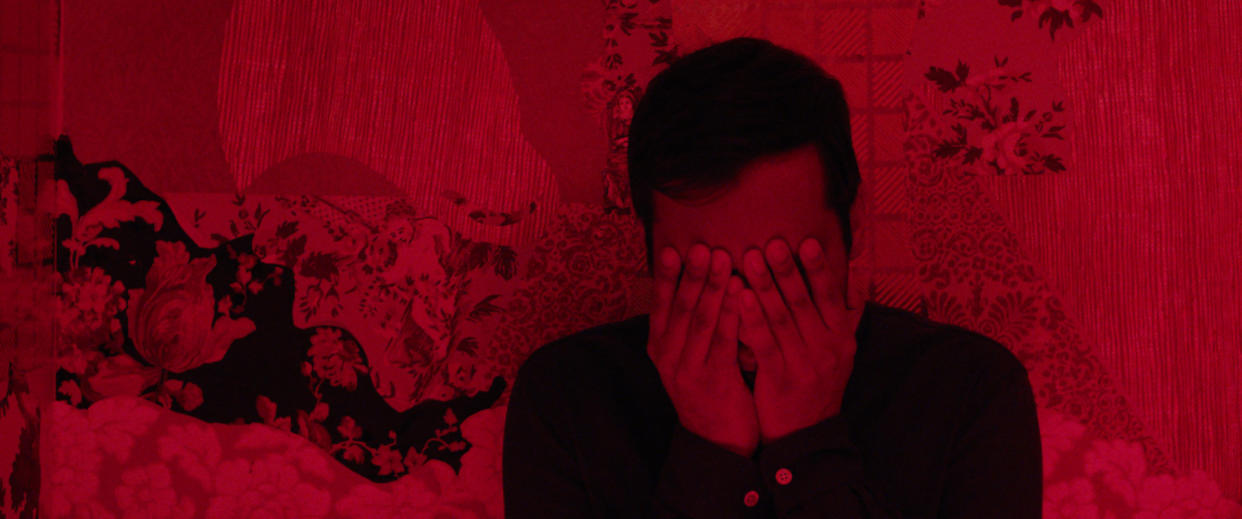
Lately, there’s been much ado about clutter. There’s too much of it; it’s everywhere! Our closets are cluttered, our newsfeeds our cluttered, our schedules are cluttered. Our dating lives are cluttered, too. How’s a young, single person supposed to navigate the cutie overload of Tinder et al, to slow down long enough to form a genuine connection?
And, if this is what life is like now ― go, go, go ― how are today’s stories to capture what it means to be a person in the world? If a story is meant to be realistic ― to mirror life as it is, rather than canting it to illuminate impurities ― can it even be entertaining anymore, or can it be nothing more than a portrait of app-fueled malaise?
Season 2 of “Master of None” manages to answer all of these questions artfully. In its 10 30-minute episodes, creators Aziz Ansari and Alan Yang bring us to Modena, Italy, then back to New York. We’re taken on a barrage of awkward first dates, and to one family’s Thanksgiving dinner table, which evolves as decades pass. The resulting collage is a plush image of modern life, its whirlwind moments and its moments of listlessness and isolation.
The show concedes that being a young person today does mean living amid clutter. Conversations between characters stray far from their own firsthand experiences, delving instead into the cultural references that busy their lives. There’s an entire episode that is structured around disparate groups of people coming together to see a Nic Cage blockbuster, a bad-good movie with a shockingly offensive twist. The cultural touchstone is everywhere, infiltrating cab ads and moments shared between friends.
In their short book What Was the Hipster? the editors of n+1 identified pastiche as one of the hallmarks of the hipster lifestyle. Whether or not Ansari has read their take, his choice to fill his realistic show with scenes centered on TV-making, TV-watching, video game-playing and “Friends” references makes the character’s stories feel true.
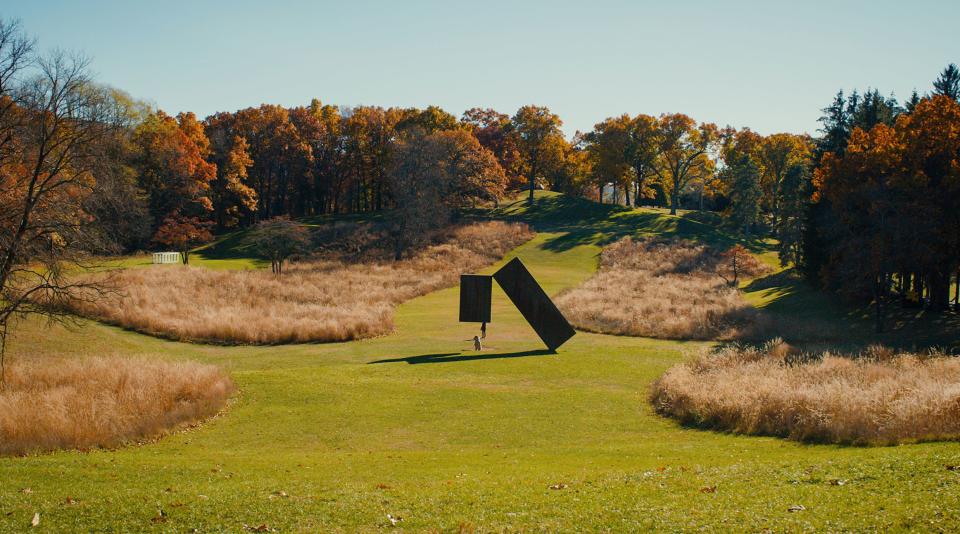
There are smaller, subtler ways in which “Master of None” generates the stifling sensation that input is everywhere ― Dev’s mildly grating text message ringer, for example, is always going off. But the show smartly includes long, painful stretches of technological silence, too. When Dev’s phone is stolen during Season 2’s first episode, just after he’s nabbed the number of a girl he met over lunch, he suddenly notices how engrossed everyone else is in their own phone-bound lives. In one of the show’s rare moments of absurdity, there’s even a close-up of an Italian man intimately smooching his device while Dev looks on in envy.
These moments of aimlessness and longing amid a dizzying haze of information are some of the most potent of the season. After an online date turns from promising to awkward, Dev sits alone in a cab, and everything’s silent but street sounds. During a trip north of New York City to Storm King, a permanent art installation, Dev and Francesca stare out at the leaves and quietly take in the scene. (And then, Dev quips about the spot’s WiFi password.) The show makes a conscious effort to punctuate periods of technological clutter with stretches of quiet, and in that way, it recreates the ebbs and flows of modern life.
Ansari isn’t the first storyteller to try to strike this balance of quick, clever banter and real, human feeling. In 2000, the literary critic James Wood wrote a controversial essay centered on Zadie Smith’s White Teeth. “A genre is hardening,” Wood wrote, and he continued to describe a group of authors ― including Smith, Salman Rushdie, Don DeLillo and David Foster Wallace ― who write what he describes as “hysterical realism,” or realistic stories that reflect the noise of modern life without the feeling of human connections and individual struggles.
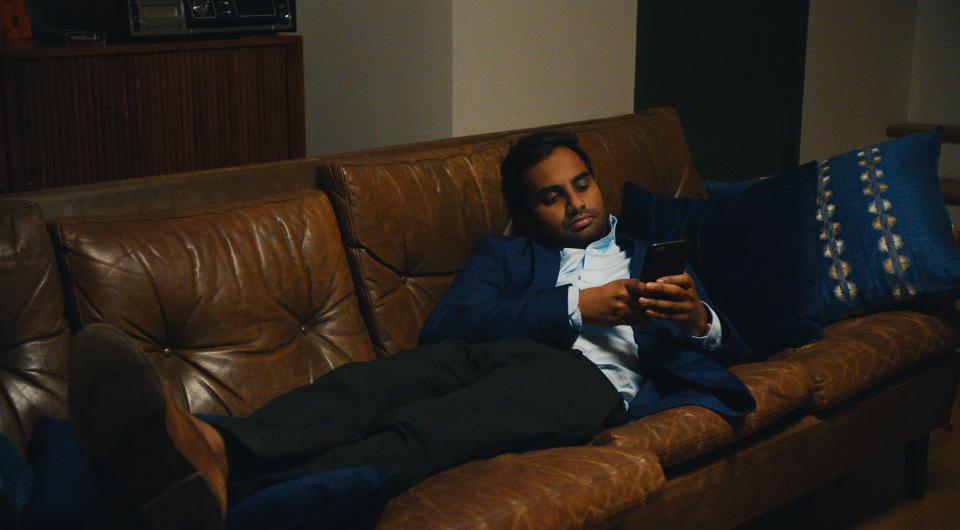
Since Wood’s essay was written, there’ve been several commendable novels published that do manage to encompass both the quick clip of modernity and the listless lives of those caught in its grasp; Tony Tulathimutte’s Private Citizens and Tao Lin’s Taipei exemplify this type of storytelling. (It’s probably not a coincidence that both authors directly engage with life on the Internet.) But “Master of None” might be the only show to take on these topics in a manner that doesn’t make Tinder the butt of a joke. Instead, it’s just another part of the world that Dev moves through, publicly and privately.
In one of this season’s strongest scenes (aside from the couple of near-perfect “bottle episodes” that have already been lovingly described elsewhere), Dev and his goofy bud Arnold are eating dinner at a world-famous restaurant, but each of them is unable to enjoy the meal, because, although they’re the only two people present, they’re separately engrossed in their own personal dramas. We as viewers know that each of them is bummed about his romantic prospects, but they each think the other is better off than themselves. That’s dramatic irony, and it’s often what engages us with a character’s struggles.
These dramas that fuel great stories may seem scarcer in a world of instant gratification; Romeo and Juliet could’ve shacked up for life, if only they had cell phones. But these little rifts between how we feel and what we say, what we hear and what we understand, are still everywhere. They’re in your perfectly lit Instagram of your runny, eggy brunch; they’re in the chipper string of emojis you send to an OK date. They’re in the quiet Lyft trip, when you’re the only rider left.

You can be highbrow. You can be lowbrow. But can you ever just be brow? Welcome to Middlebrow, a weekly examination of pop culture. Read more here.
Love HuffPost? Become a founding member of HuffPost Plus today.
Related...
'The Circle' Is A Messy Adaptation And A Feeble Addition To The Cyber-Panic Genre
Chris Gethard's 'Career Suicide' Blurs The Line That Separates Tragedy And Comedy
The Relentlessly Grim 'Anne With An E' Reveals The Limitations Of Today's TV
Also on HuffPost
'Wolf In White Van' by John Darnielle

'Otherbound' by Corinne Duyvis
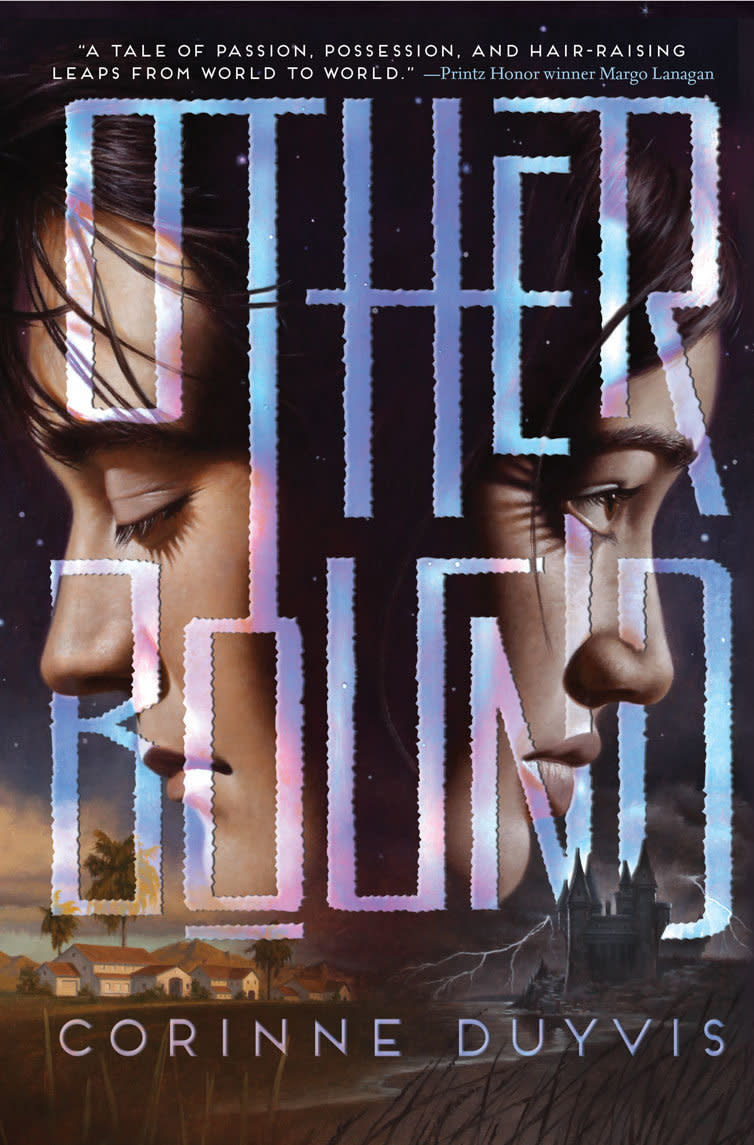
'Love Me Back' by Merritt Tierce
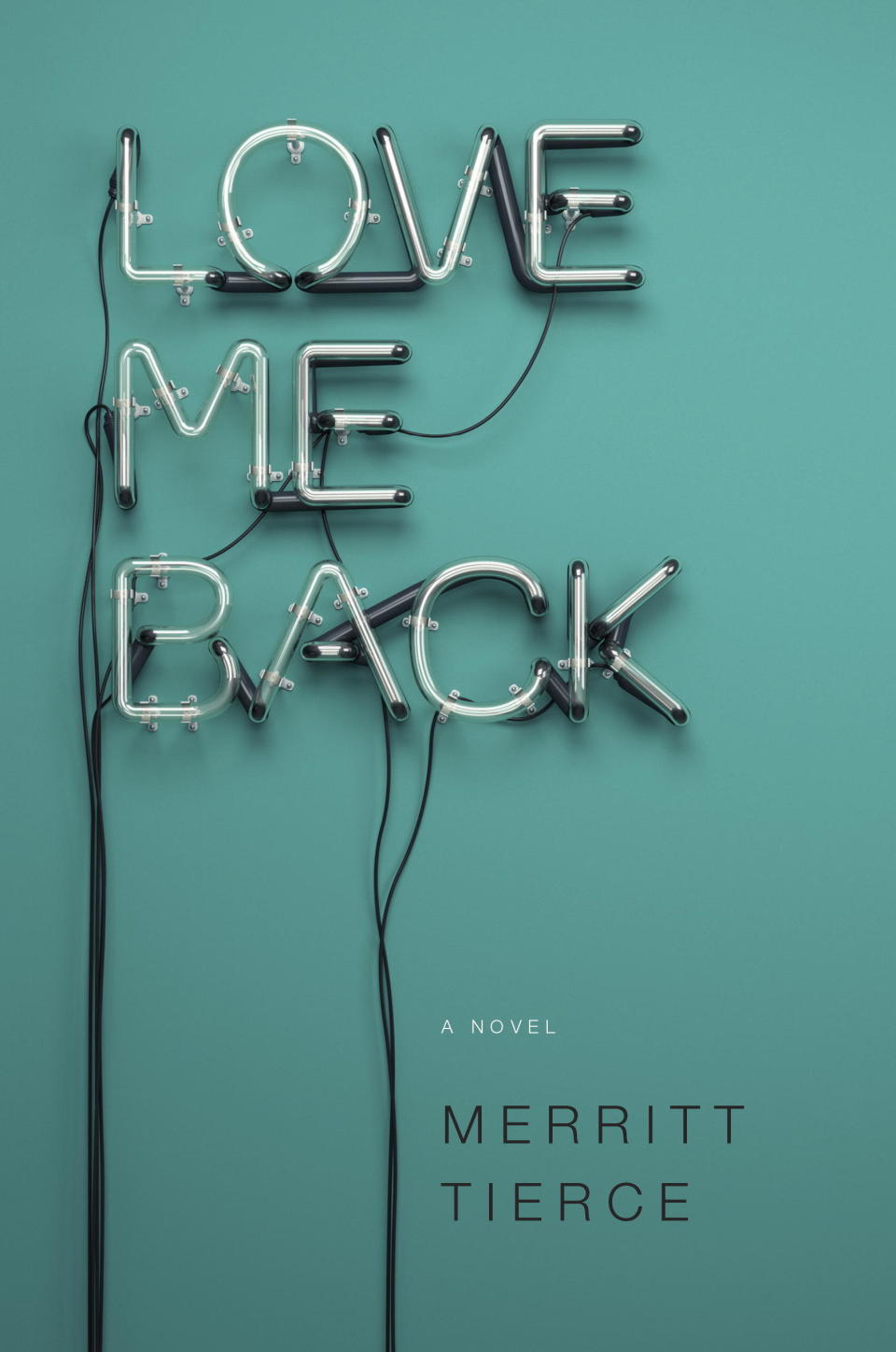
'Gabi, A Girl In Pieces' by Isabel Quintero
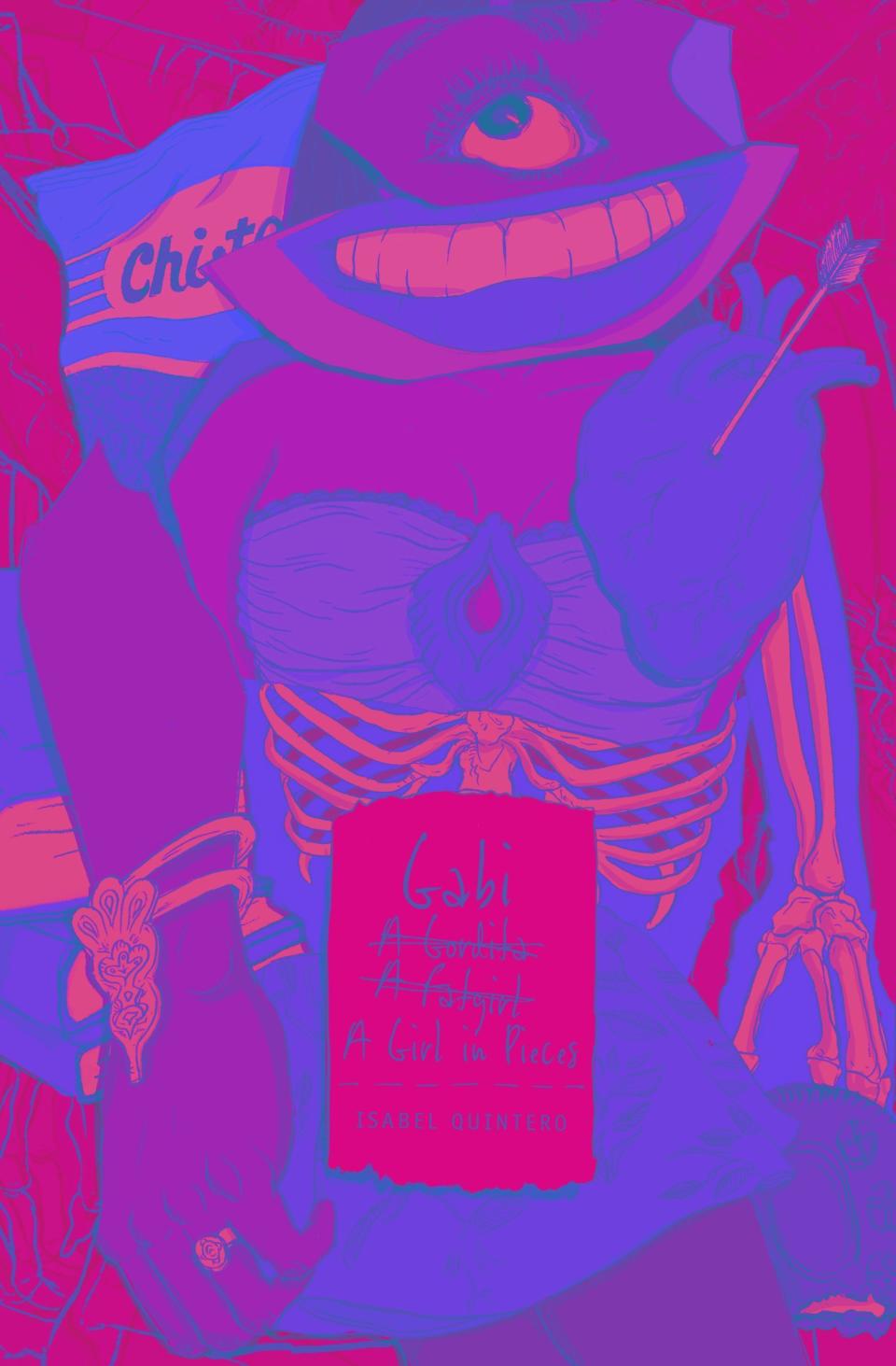
'The Invention Of Exile' by Vanessa Manko
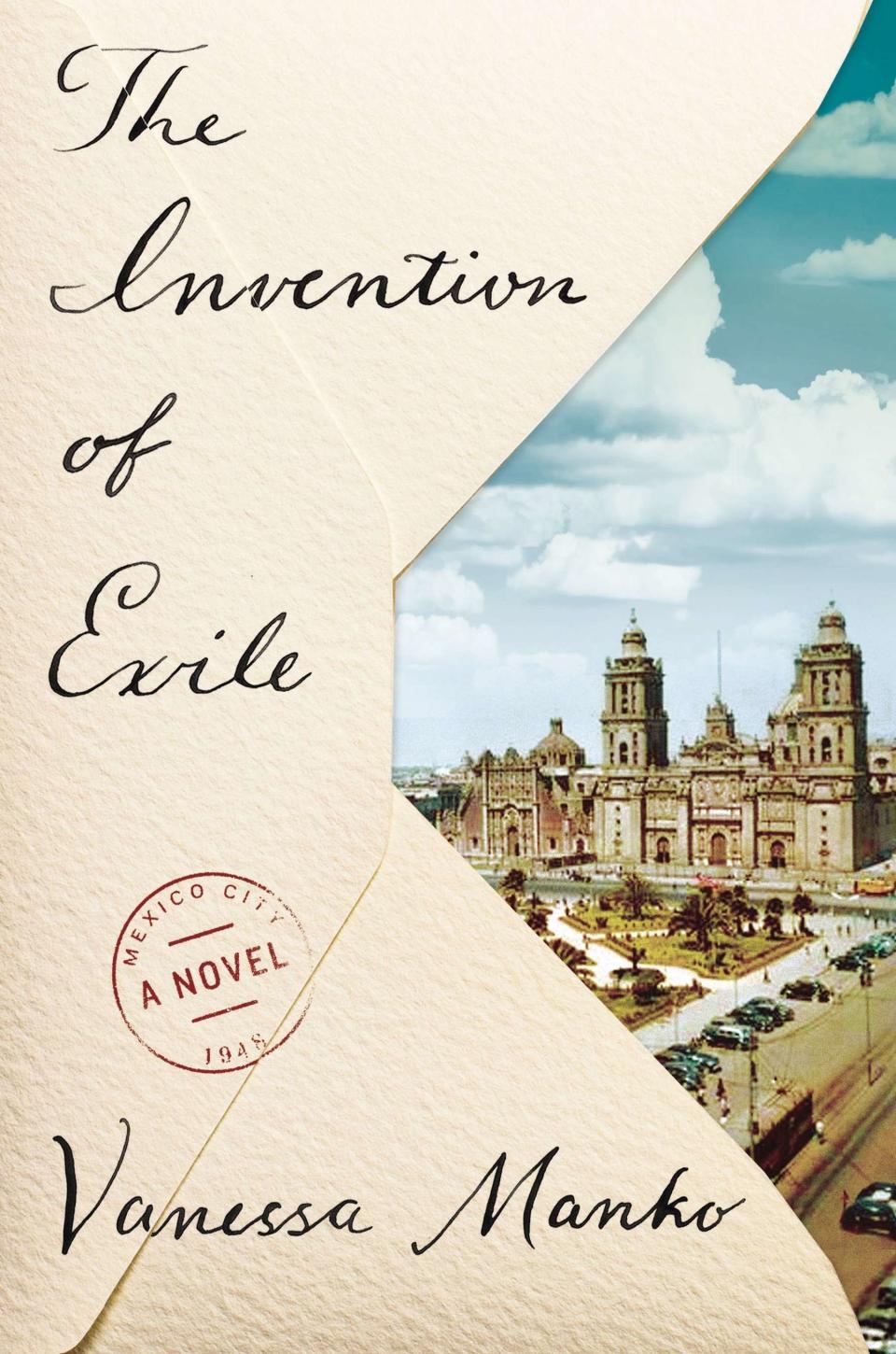
'Rites Of Passage' by Joy N. Hensley

'Bird Box' by Josh Malerman
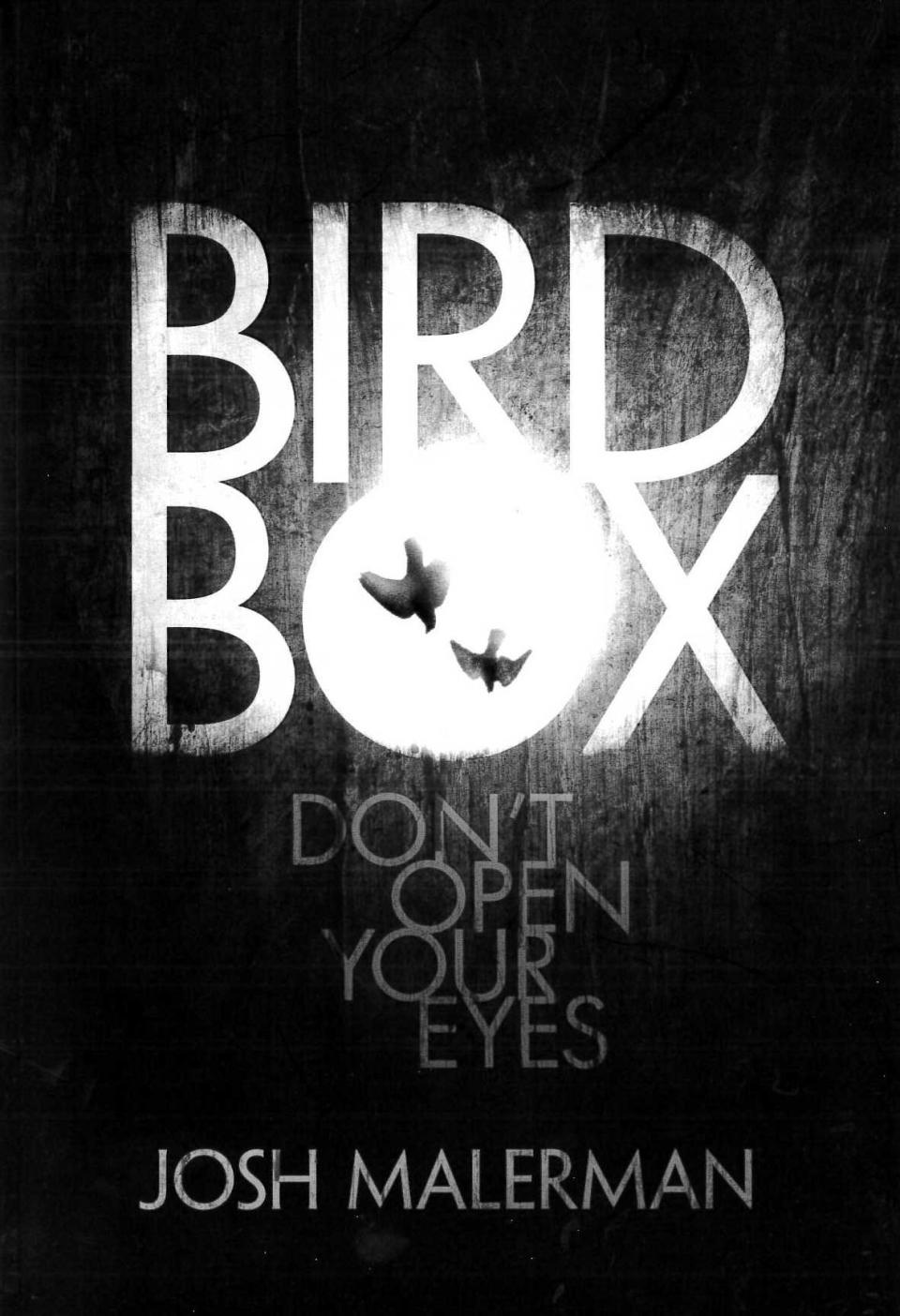
'An Untamed State' by Roxane Gay
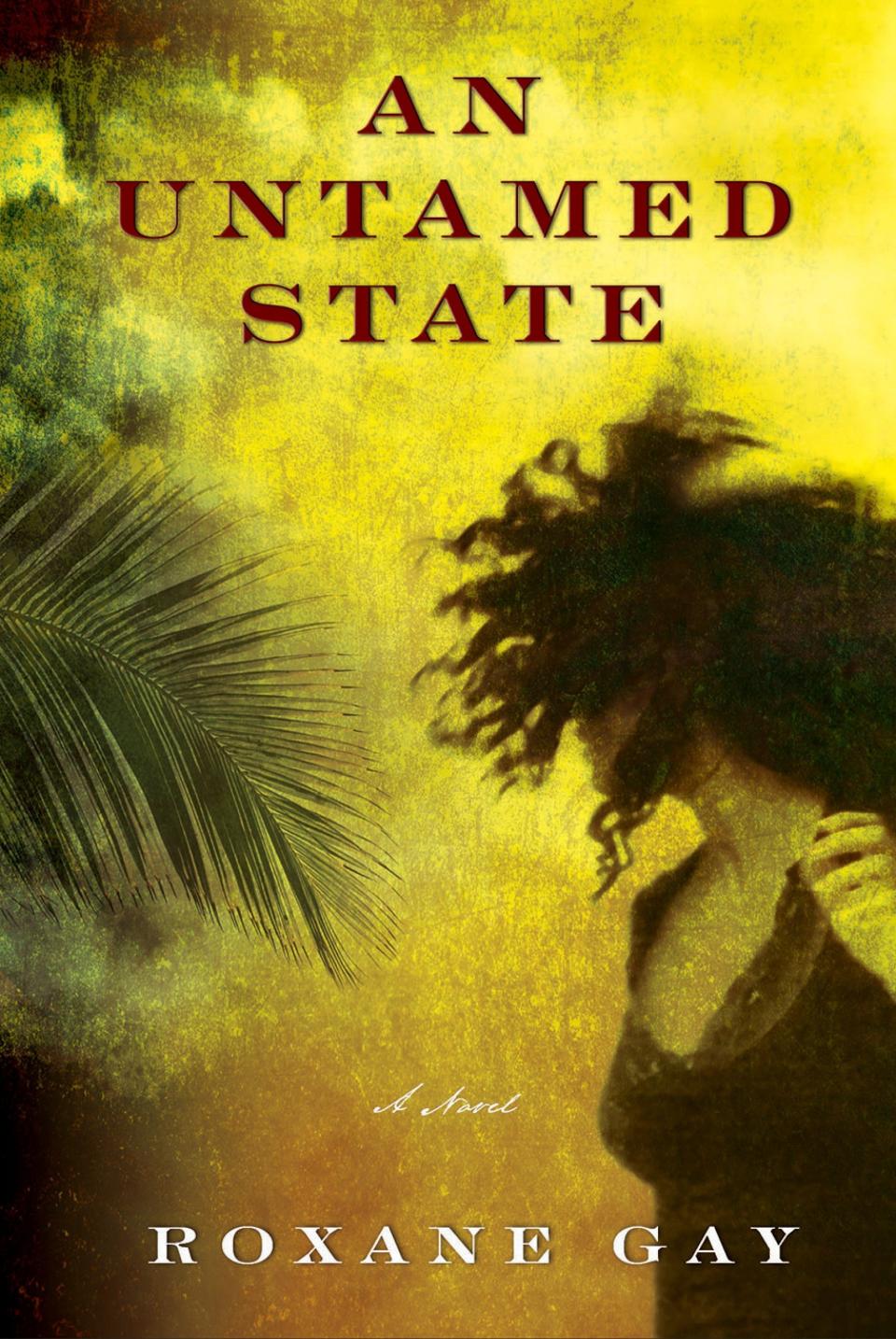
'Sway' by Kat Spears

'A Brave Man Seven Storeys Tall' by Will Chancellor

'The Chance You Won't Return' by Annie Cardi

This article originally appeared on HuffPost.

